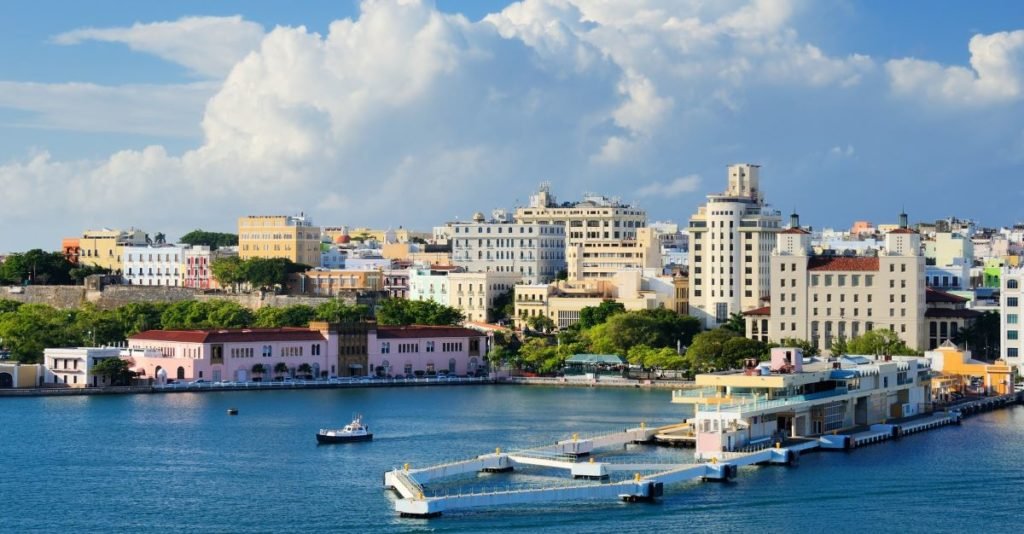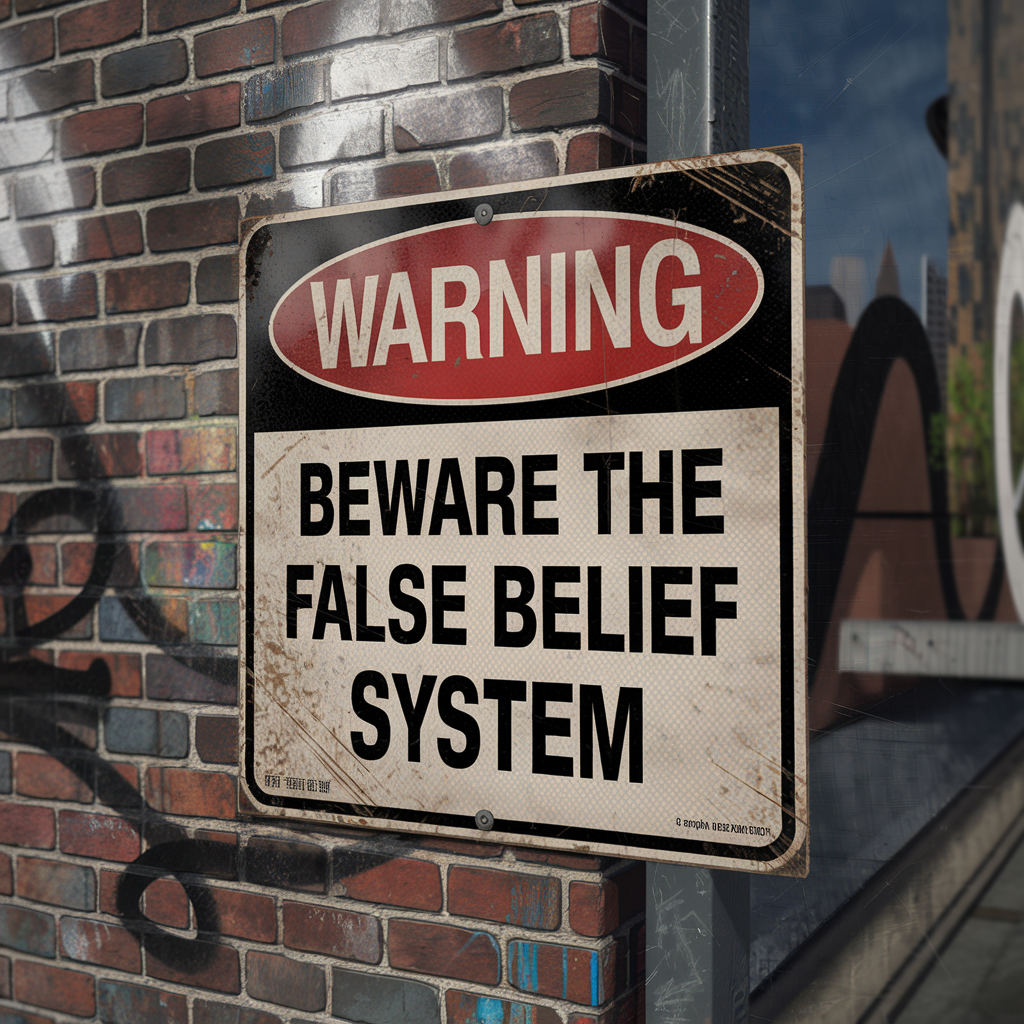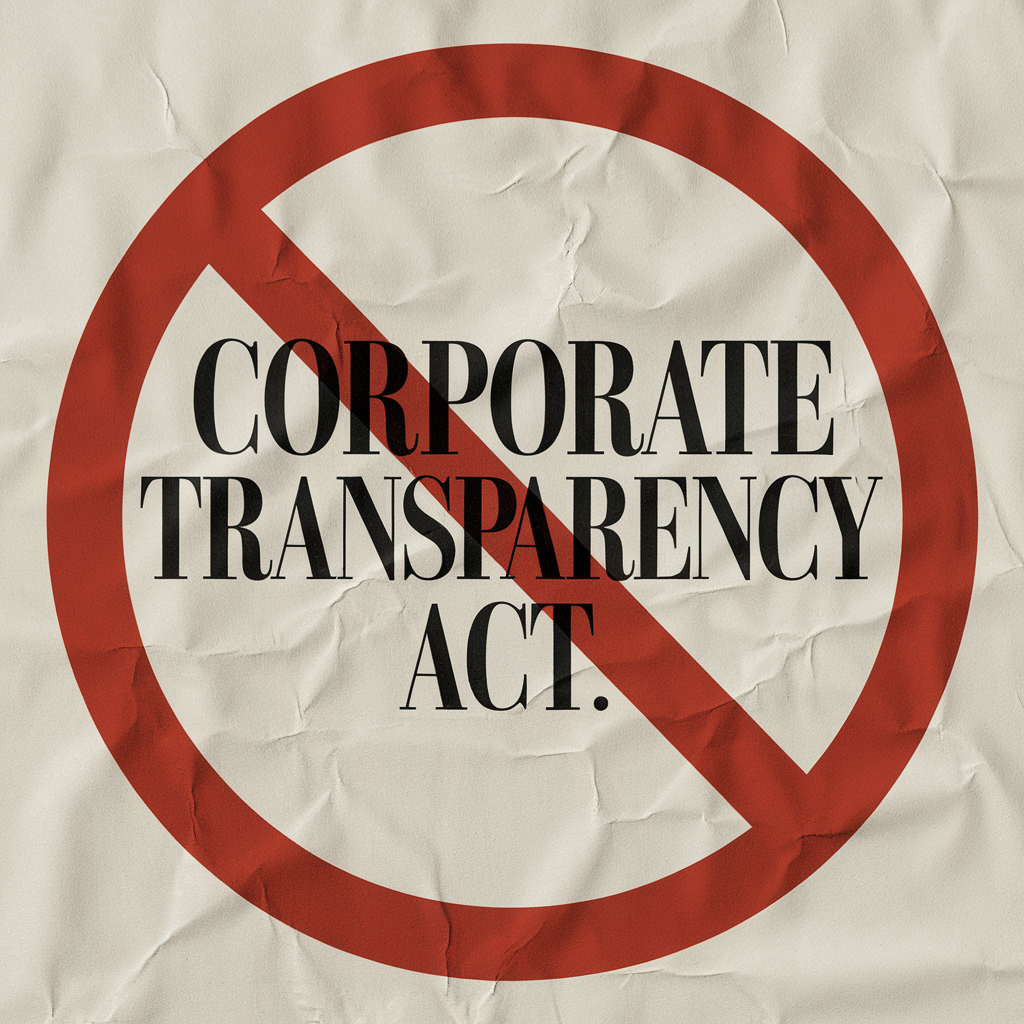Hedge fund firm, Elliott Management, moves from New York to Florida.
The Governor of New York, Comrade Andrew Cuomo recently released a book called, American Crisis: Leadership Lessons from the COVID-19 Pandemic.
It’s puzzling how he was able to find the time to write the book, given that he’s been so busy being an amazing leader.
New Yorkers can thank Comrade Cuomo for the second highest per-capita COVID-19 death rate of any state in the Land of the Free, behind only New Jersey.
They can also thank him for an unemployment rate almost double the national average, due to New York’s strict lockdowns.
But while Cuomo was busy patting himself on the back, New York suffered another major loss.
This time it was billionaire Paul Singer, who recently decided to move his $41 billion hedge fund out of New York and relocate to Florida.
Like many office workers, most of the fund’s 500 or so employees have been working from home since March.
And many of them have already left New York, likely for the same reasons we have been writing about; strict lockdowns (which still didn’t stop COVID), civil unrest, and high taxes.
But New York still taxes most people who work remotely if their employer is a New York business. So in other words, an employee of Singer’s hedge fund who is working remotely from, say, New Hampshire, still has to pay New York state taxes since the hedge fund is domiciled in New York.
But not anymore!
Now that Singer’s fund will be based in Florida (where there is no state income tax), remote workers won’t have to pay New York’s onerous state income tax. Employees will only owe taxes to the whichever state they live and work in.
For Paul Singer, his company, and his employees, getting out of New York is a win / win / win.
Florida, meanwhile, has no personal state income tax, no strict lockdowns, and a COVID death rate about half that of New York, despite the aging population. It’s sunny and warm, with a comparatively low cost of living and real estate.
And many people, of course, are willing to go just a little bit further, and move here to Puerto Rico.
Puerto Rico is a US territory, so traveling here is no different than flying from New York to Florida. In fact the flight from New York City to San Juan is under four hours.
You don’t need a passport, or any special permission, to visit, live, or work in Puerto Rico. It’s no different than moving to another state.
The big difference is that, because Puerto Rico is a US territory (and not a state), it has its own tax system.
And federal law states that US citizens with bona fide residency in Puerto Rico are NOT required to pay federal income tax, if their income is derived from Puerto Rican sources.
In fact if your income is solely from Puerto Rico, it’s possible you won’t even have to file a federal tax return anymore.
This is why so many people are moving down here. They’re relocating their businesses from the US to Puerto Rico, effectively eliminating their US federal taxes.
Again, this isn’t some obscure loophole. It’s federal law– section 933 of the US Internal Revenue Code, to be exact.
And Puerto Rico has not been shy about showering residents with incredibly lucrative tax incentives.
All the tax incentives are now organized under what’s called “Act 60”– they used to have different names like “Act 20” and “Act 22”.
But the fundamentals are still the same; you can establish a business here and apply for a multi-decade tax incentive which reduces your corporate tax rate to just 4%.
And there’s a wide range of service businesses that qualify– like telemedicine, consulting, marketing, accounting, sales, and management.
Just about any self-employment profession or business idea can find some element that would fit.
(And if you aren’t self-employed, you could ask your employer to pay you as a contractor, and provide your services to the company remotely from Puerto Rico.)
Your company pays 4% tax on its profits in Puerto Rico, and 0% tax on its profits to the federal government. Even better, all dividends you pay to yourself (as the owner of the business) are tax free as long as you live in Puerto Rico.
This is a big deal.
On the US mainland, a similar company would pay 21% corporate profits tax, and then another 20%+ dividend tax, plus the Obamacare surtax, plus state tax. So the total tax rate on your business profits is more than 30%.
In Puerto Rico, it’s just 4%.
For investors, the individual tax incentives allow you to earn unlimited capital gains (among other types of investment income) entirely tax free.
So if you trade stocks, options, commodities, or cryptocurrency for a living, your tax rate goes to zero.
So, this place is definitely worth considering. Cutting your tax rate is, without a doubt, one of the best, lowest-risk returns on investment you can ever make.
Besides– it’s pretty clear where the trend is going in the Land of the Free. A number of politicians and candidates have been very vocal about wanting to raise your taxes. And several cities and states have already done it, from California to New Jersey.
It’s a vicious cycle that will only hasten the exodus of business and talent from these high-tax cities and states.
If you think Puerto Rico might work for you, I’d encourage you to take action sooner rather than later, because I’m convinced these incentives won’t be around forever.
But even if Puerto Rico ever does get rid of its tax incentives, people who have already taken action will be grandfathered in under the old rules.
So you would still be able to enjoy the tax benefits for decades to come, even if Puerto Rico changes the law.
But people who waited too long will miss out, and the opportunity will be gone forever.









